-
 Looking Online for the Best Gym Bags for Men and Women? Here are the 10 Best Gym Bags That Look Sophisticated and Easy to Carry Around in (2021)
Looking Online for the Best Gym Bags for Men and Women? Here are the 10 Best Gym Bags That Look Sophisticated and Easy to Carry Around in (2021)
-
 Get That Well Toned and Perfectly Sculpted Body in the Comfort of Your Home. Your Quick Guide to the Best Home Gym Equipment in India and Why You Need to Get One Now (2021)
Get That Well Toned and Perfectly Sculpted Body in the Comfort of Your Home. Your Quick Guide to the Best Home Gym Equipment in India and Why You Need to Get One Now (2021)
-
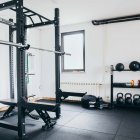 अपने घर पर बनाए जिम इन 8 बेहतरीन जिम उपकरणों की मदद के साथ जिनके बारे में यहां पूरी जानकारी है । घर पर जिम बनाने के कुछ टिप्स और जानकारी ।(2020)
अपने घर पर बनाए जिम इन 8 बेहतरीन जिम उपकरणों की मदद के साथ जिनके बारे में यहां पूरी जानकारी है । घर पर जिम बनाने के कुछ टिप्स और जानकारी ।(2020)
First, Understand What Causes High BP
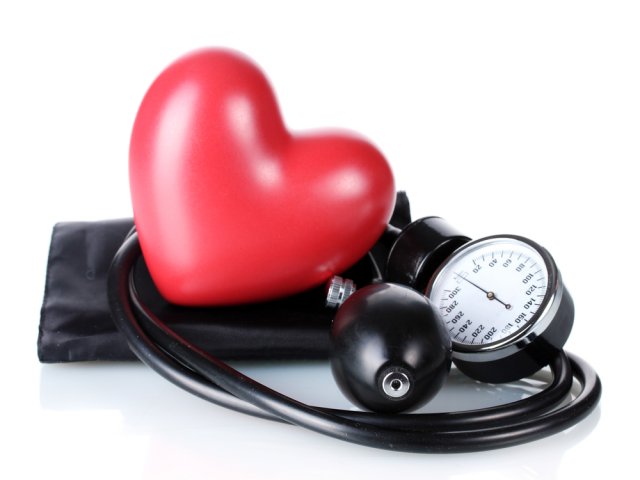
High blood pressure, also called hypertension, is the force of your blood as it flows through the arteries in your body. As the blood flows, it puts pressure on your blood vessel walls. Hypertension happens when your blood moves through your arteries at a higher pressure than normal and this is dangerous because it makes pumping the blood difficult for the heart and contributes to the hardening of the arteries.
Uncontrolled high blood pressure can cause severe health problems, including heart disease, heart attack, stroke, and kidney failure. It is important to keep a regular check on your BP. Some of the causes of high BP are smoking, excessive consumption of alcohol, being overweight or lack of physical activity, stress, genetics and too much salt, fat or cholesterol consumption in the diet.
What to Do When BP is High: 8 Things You Can Do!
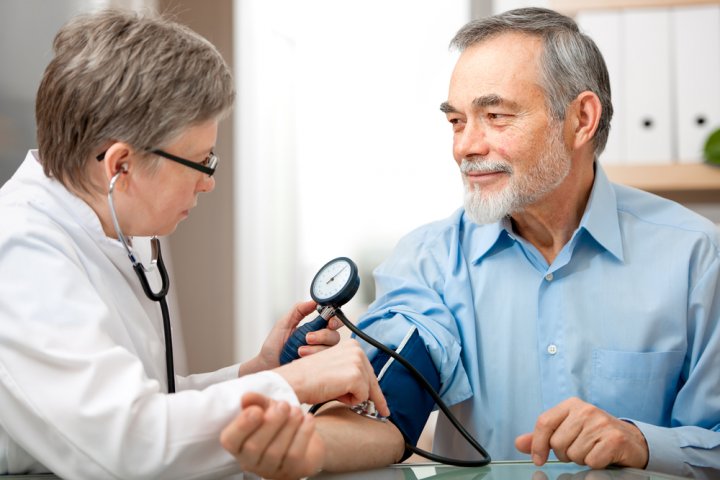
The best way to lower your blood pressure is to make a few changes to your lifestyle and reduce the risk of heart disease or kidney failure. Also, it is essential to consult a doctor who can provide you certain medications to lower your blood pressure to normal levels. Here are a few ways that can help you manage your blood pressure:
Exercise Regularly

You can keep your BP in control if you exercise regularly. If you have high BP, add physical activity to your daily routine. Exercise can help you bring your BP to safer levels by about 6-8 mm Hg. Exercise for about 20-40 minutes a day and make sure that you're consistent. Various exercises might include walking, jogging, cycling, swimming, or dancing. Talk to your doctor about an exercise program; strength training can also help to reduce your blood pressure.
Eat Healthy

What you eat has a direct impact on your health. Adding food rich in whole grains, fruits, leafy greens, and vegetables can help reduce your BP. Avoid eating food rich in fat and cholesterol for a healthy body. Monitor what you eat, and how much you eat and consider adding sources of potassium to your diet. Talk to your doctor about the best food, consuming the right food can help reduce your blood pressure by up to 11 mm Hg. Eat less meat and more plant-based foods rich in fibre. Cut the amount of sugar you eat. Sugar and certain sugary beverages contain calories and lack nutritional values. You can have dark chocolates or fruits instead of sugary foods.
Limit the Consumption of Alcohol
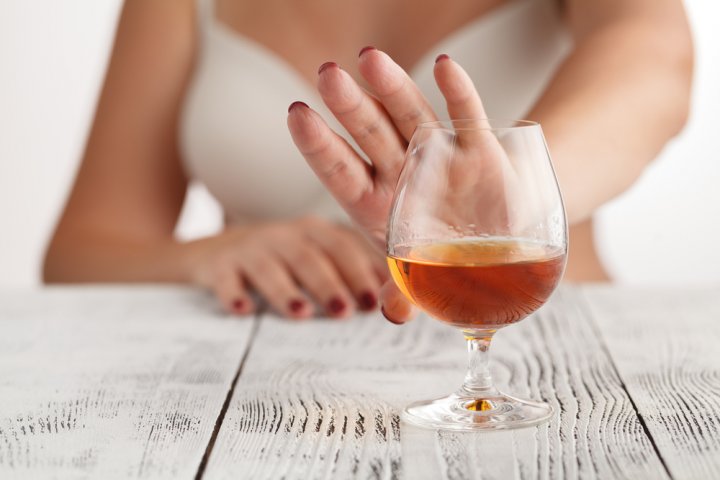
Consuming too much alcohol can be bad for your health. While drinking alcohol in moderation can help you manage your blood pressure levels – one glass for women, and two glasses for men. Drinking more can have the reverse effect and can raise your blood pressure and can also reduce the effects of medications.
Reduce Sodium in Your Diet
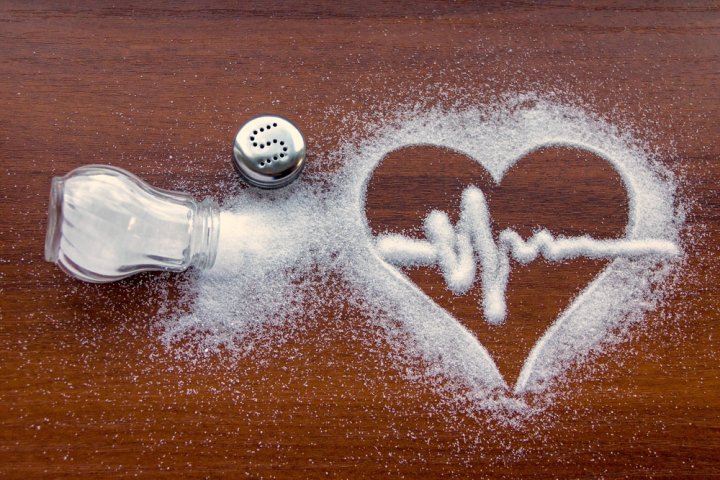
Reducing the intake of sodium can help minimise health problems and can reduce your blood pressure by about 4-6 mm Hg. If you have high blood pressure, a lower sodium intake of about 1,500 mg a day or less is ideal for an adult.
The best way to reduce sodium intake is to eat freshly cooked food and avoid processed or prepackaged foods, which are high in sodium. Don't add too much salt to your food and read food labels before buying. Common foods with a high amount of sodium are: pizzas, sandwiches, soup, meat, bread and poultry. If possible, choose low sodium alternatives for the foods and beverages you consume.
Lose Weight
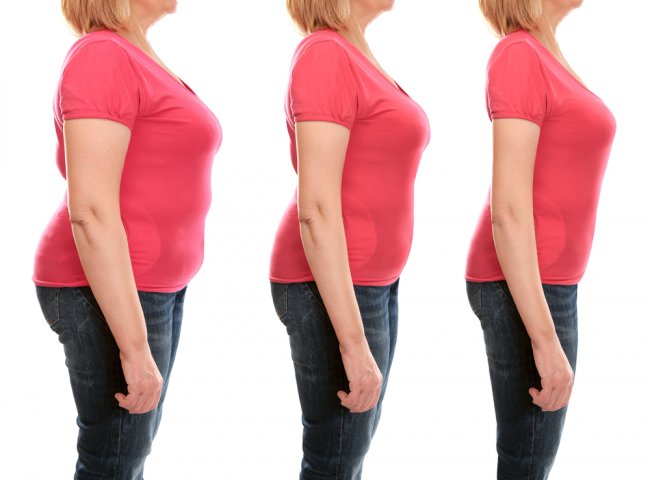
Gaining weight is one of the reasons for high blood pressure. Being overweight can make breathing difficult while sleeping, which contributes to high BP. Weight loss is very important for controlling blood pressure. You can reduce your BP by about 1 mm Hg with each kilogram of weight you lose. Exercise to lose excess weight around your waistline. Talk to your doctor about a healthy weight for you.
Manage Stress

Worrying and overthinking leaves you stressed, which further increases your blood pressure. Managing stress can help you control your blood pressure levels. There are specific ways that can help you reduce stress:
- Regular physical activity
- Meditation
- Massage
- Slow breathing exercise
- Yoga
- Adequate sleep
Quit Smoking
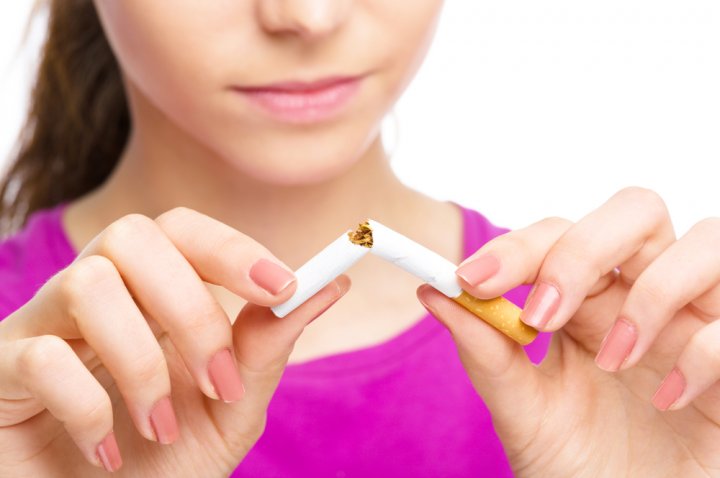
Quitting smoking is the first step to a healthy lifestyle. Every cigarette you smoke gradually increases your blood pressure. This is an important step in order to control your BP. The chemicals in cigarettes damage your body's tissues and harden the blood vessel walls. Quitting smoking reduces health risks and improves your overall health.
Medication for High Blood Pressure
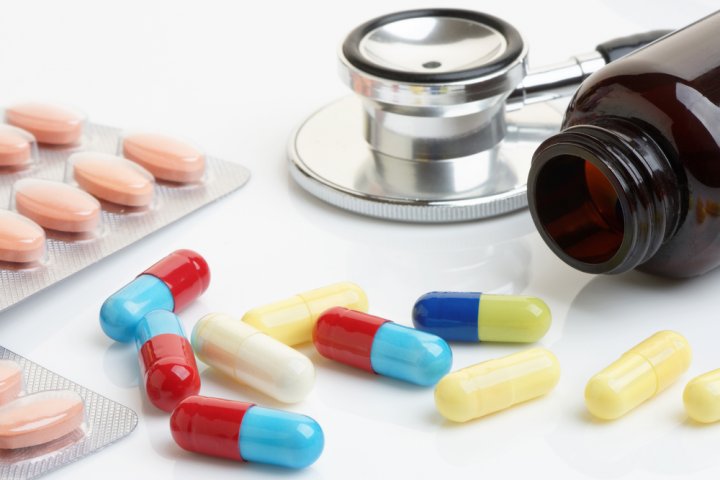
If you complain about uncontrolled high blood pressure, it becomes very important for you to consult a doctor. Hypertension is mostly the result of your diet and lifestyle. Here are a few medications that can work for you (consult a doctor before experimenting anything new):
- Diuretics: Diuretics are used to remove excess water from the body. Since high sodium levels and excess fluid can increase blood pressure, diuretics help you to get rid of excess sodium and fluids from your body, which reduces the blood pressure. You can use green tea or black tea as diuretics.
- Beta-Blockers: Beta-blockers reduce your heart rate and the amount of blood pumped through arteries with each heartbeat. Hence, they lower blood pressure.
Do Not Procrastinate Consulting Your Doctor!
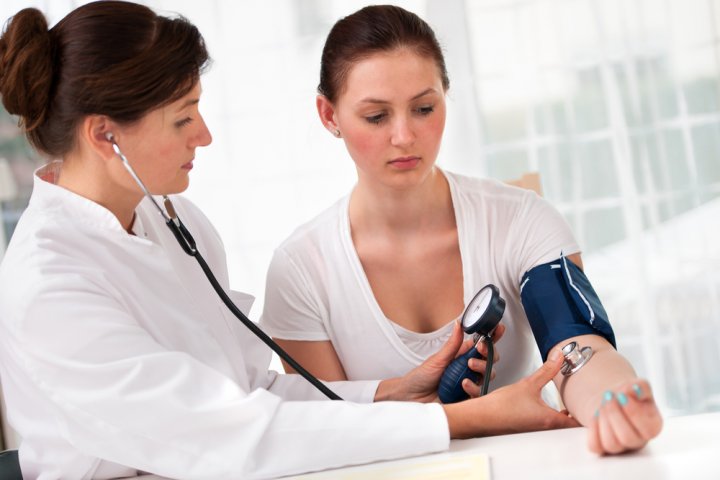
Monitor your blood pressure at home and see a doctor to avoid complications. Visit your doctor to check your blood pressure readings regularly. Take regular appointments with your doctor in order to tackle any possible problems before the condition gets worse. The doctor can suggest medicines or ways that can help you get better.
Taking medicines for controlling your blood pressure level is common. Talk to your doctor before you start monitoring at home or making any changes in your medications or treatment so that he can recommend you better ways to deal with high blood pressure. Don't start or stop taking medicines without talking to your doctor; otherwise, you may increase your risks of having health problems. And lastly, don’t keep anything from your family, they’re going to be the first line of support in making you switch to a healthier lifestyle!
-
 Make the Miraculous Neem Oil a Part of Your Daily Life: Discover the Numerous Uses of Neem Oil and How It Can Give You a Radiant Skin, Lustrous Hair and Overall Health and Wellbeing! (2021)
Make the Miraculous Neem Oil a Part of Your Daily Life: Discover the Numerous Uses of Neem Oil and How It Can Give You a Radiant Skin, Lustrous Hair and Overall Health and Wellbeing! (2021)
-
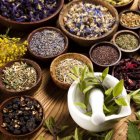 Acne: Causes and Remedies! Get Rid of Acne with These 10 Potent Home Remedies for Pimples!
Acne: Causes and Remedies! Get Rid of Acne with These 10 Potent Home Remedies for Pimples!
-
 Is Your Skin Looking Dull and Lifeless? Follow Our Skin Care Tips and Adopt These 5 Healthy Habits and Watch Your Skin Glow Vibrantly (2020)
Is Your Skin Looking Dull and Lifeless? Follow Our Skin Care Tips and Adopt These 5 Healthy Habits and Watch Your Skin Glow Vibrantly (2020)
-
 Hair Fall: Causes, Home Remedies and Prevention! 10 Home Remedies for Hair Fall You Can Try Safely at Home!
Hair Fall: Causes, Home Remedies and Prevention! 10 Home Remedies for Hair Fall You Can Try Safely at Home!
-
 Looking for a Natural Way of Healing Your Body and Rejuvenating Your Soul? Check out the Top Books on Ayurveda to Discover and Adopt the Miracles of This Ancient System of Medicine (2021)
Looking for a Natural Way of Healing Your Body and Rejuvenating Your Soul? Check out the Top Books on Ayurveda to Discover and Adopt the Miracles of This Ancient System of Medicine (2021)
High Blood Pressure Shouldn't Be Ignored
As would be evident by now, occurrence of high BP should not be ignored as it opens the gates for several diseases. Steps to control your blood pressure under medical advise should be activated, and discipline needs to be followed to bring about lifestyle changes. We hope you would have found this BP Guide informative and useful. Stay connected with us for more such engaging content.

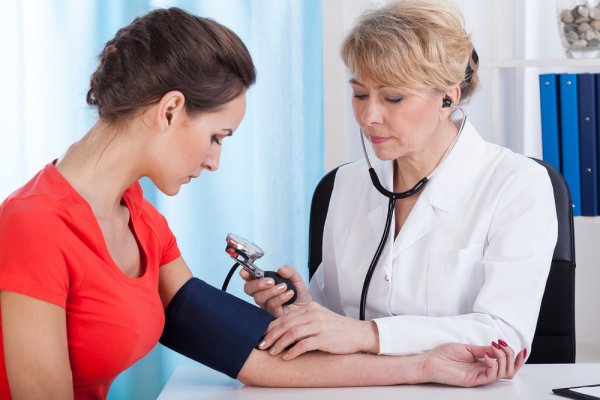
 Highlight the Best Facets of Your Incomparable Beauty: Discover the Best Face Highlighter Currently Available in India and Everything You Need to Know About Using Face Highlighters for Maximum Effect (2023)
Highlight the Best Facets of Your Incomparable Beauty: Discover the Best Face Highlighter Currently Available in India and Everything You Need to Know About Using Face Highlighters for Maximum Effect (2023)
 Forget the Blemishes and Get that Picture Perfect Flawless Radiance on Your Face: Check out the Best Foundations for Oily Skin Currently Available in India and Everything You Need to Know About Makeup Foundations (2023)
Forget the Blemishes and Get that Picture Perfect Flawless Radiance on Your Face: Check out the Best Foundations for Oily Skin Currently Available in India and Everything You Need to Know About Makeup Foundations (2023)
 Make Your Presence Felt Wherever You Go: Discover the Best Perfumes Under 2000 for Both Men and Women to Announce Your Arrival and Make Any Occasion Memorable (2023)
Make Your Presence Felt Wherever You Go: Discover the Best Perfumes Under 2000 for Both Men and Women to Announce Your Arrival and Make Any Occasion Memorable (2023)
 Protect Your Oily Skin from the Harmful Rays of the Sun: Discover the Best Gel Based Sunscreens for Oily Skin and Everything You Need to Know Before Buying One (2023)
Protect Your Oily Skin from the Harmful Rays of the Sun: Discover the Best Gel Based Sunscreens for Oily Skin and Everything You Need to Know Before Buying One (2023)
 Minor Blemishes and Wrinkles Affecting Your Confidence? Check out the Best BB Creams to Conceal Your Worries and Nourish Your Skin to Restore the Healthy, Radiant and Glowing Complexion Back Again (2023)
Minor Blemishes and Wrinkles Affecting Your Confidence? Check out the Best BB Creams to Conceal Your Worries and Nourish Your Skin to Restore the Healthy, Radiant and Glowing Complexion Back Again (2023)
